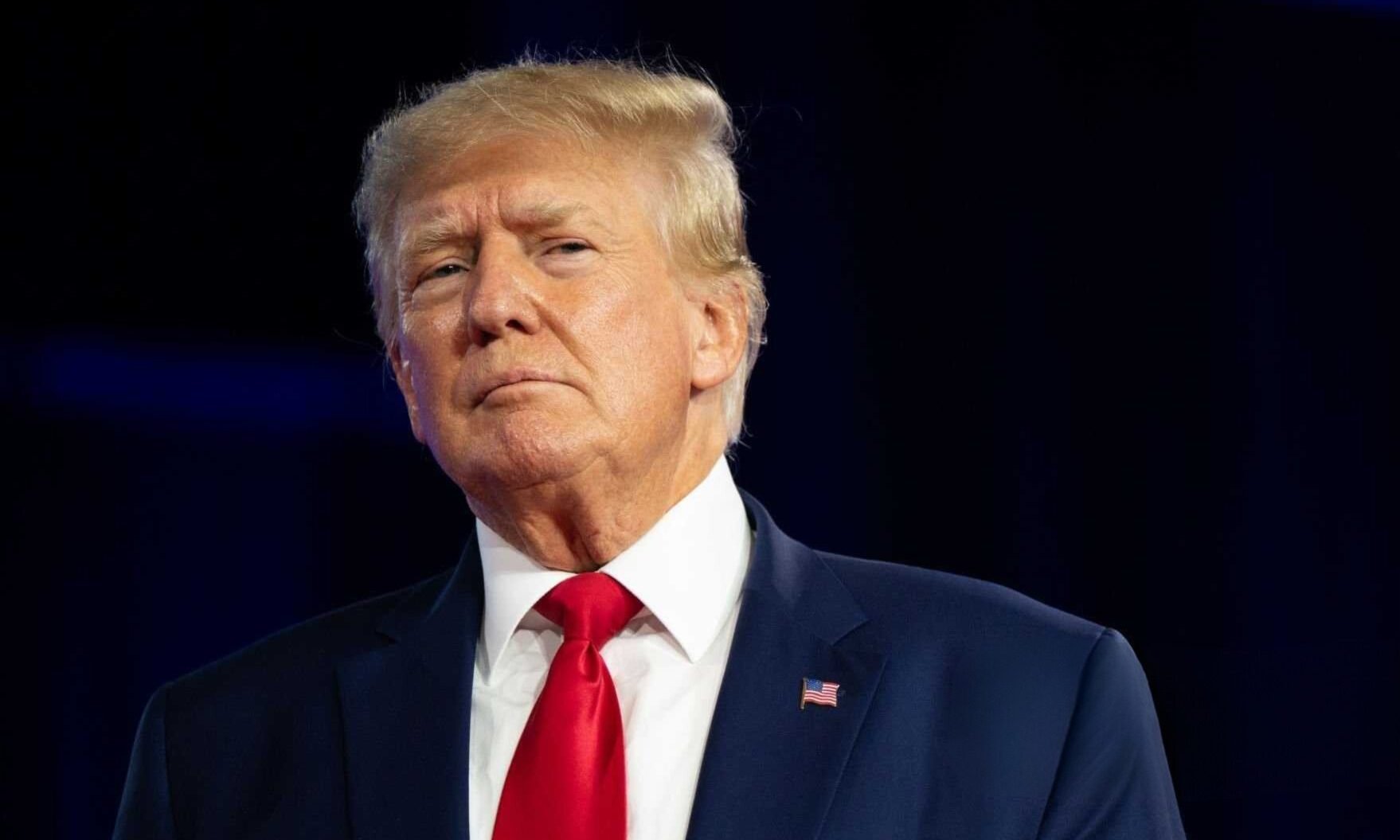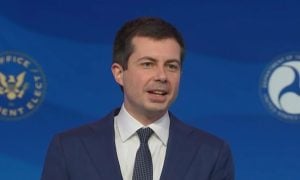On the first full day of President Donald Trump’s second term, a controversial sermon delivered by Bishop Mariann Budde, the Episcopal Bishop of Washington, left the newly inaugurated president visibly uncomfortable. Budde, a vocal critic of the Trump administration, used the occasion to make a pointed political statement, urging the president to show “mercy” to marginalized groups, including illegal immigrants and transgender children.
The sermon took place during the National Prayer Service at Washington National Cathedral on January 21, 2025, a traditional event following the presidential inauguration. Trump, seated in the front row next to First Lady Melania Trump, listened intently as Budde addressed him directly from the pulpit.
“I ask you to have mercy upon the people in our country who are scared now,” Budde began. “There are gay, lesbian, and transgender children in Democratic, Republican, and Independent families, some who fear for their lives.” Her remarks struck a sharp contrast with Trump’s policies on immigration and LGBTQ+ rights, which have often been at the center of heated debate.
The 65-year-old bishop, known for her progressive views, continued with a powerful appeal for compassion toward immigrants. “The people who pick our crops, clean our office buildings, labor in poultry farms and meat-packing plants, wash dishes in restaurants, and work the night shifts in hospitals—they might not be citizens or have the proper documentation,” she said. “The vast majority of immigrants are not criminals. I ask you, Mr. President, to have mercy on those in communities whose children fear that their parents will be taken away.”
As the bishop continued her impassioned plea, Trump remained stoic, his expression unreadable. His calm demeanor contrasted sharply with the intensity of the sermon, which was punctuated by the bishop’s calls for compassion and justice. Some members of the congregation appeared visibly uncomfortable with the politically charged tone of the sermon, though others quietly nodded in agreement.
Bishop Budde, a staunch advocate for social justice issues, did not hold back in her message, quoting scripture to underline her point. “Our God teaches us that we are to be merciful to the stranger, for we were all strangers once in a strange land,” she said. Her words echoed the left-wing ideals of inclusivity and compassion that have characterized her public ministry, particularly on issues related to immigration, LGBTQ+ rights, and racial justice.
Despite the tense atmosphere in the cathedral, Trump refrained from publicly criticizing the bishop following the service. When asked by reporters at the White House for his thoughts on the sermon, the president responded with his characteristic nonchalance: “What did you think? Did you like it? Did you find it exciting? Not too exciting, was it? I think it was a great service.”
Trump’s casual response did little to quell the backlash from his supporters, who were quick to condemn the bishop’s sermon. “The person giving this sermon should be added to the deportation list,” Rep. Mike Collins (R-Ga.) wrote on social media, suggesting that the bishop’s outspoken criticism of Trump was grounds for punishment. Many MAGA supporters echoed similar sentiments, criticizing Budde’s political activism during an event that was supposed to be a religious occasion.
Bishop Budde’s history of opposing Trump dates back to his first term in office. In 2020, she condemned the president for his photo-op outside St. John’s Episcopal Church in Washington, D.C., after he had federal law enforcement clear protesters from Lafayette Square. Budde called the act “antithetical to the teachings of Jesus and everything that we as a church stand for.” She also spoke out during the Black Lives Matter protests, accusing Trump of using religion as a political tool.
Her stance on immigration, LGBTQ+ rights, and racial justice has made her a leading figure in the progressive Episcopal community. On her diocesan website, Budde describes herself as an advocate for “justice concerns, including racial equity, gun violence prevention, immigration reform, the full inclusion of LGBTQ+ persons, and the care of creation.” Her ministry has consistently aligned with left-wing causes, making her one of the most outspoken religious figures in opposition to Trump’s policies.
While the National Prayer Service was intended to be a moment of unity, it became yet another flashpoint in the ongoing political divide in the United States. With Budde’s sermon serving as a direct challenge to Trump’s administration, the event underscored the deep ideological rift between the president and religious leaders who advocate for progressive causes.
As the political and cultural battle over issues such as immigration and LGBTQ+ rights continues to intensify, the role of religious leaders like Bishop Budde will remain a key factor in shaping public discourse. While Trump may have remained composed during the service, the impact of such outspoken religious criticism is likely to reverberate throughout his second term.
As for Bishop Budde, her ministry’s commitment to social justice causes shows no signs of wavering. Her strong stance on behalf of marginalized communities, including immigrants and transgender children, is likely to continue to put her at odds with those who support Trump’s policies, but she remains resolute in her call for mercy and compassion.

Recommended for you
He Photographed Naked Straight Men—And Changed Queer History Forever by Rainbow Media
The provocative art of physique photographer Dave Martin.
Read on Substack





